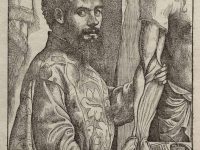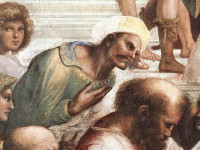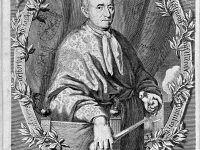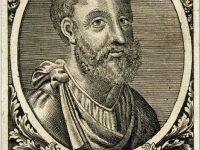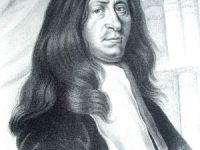Jan Swammerdam – Dutch Naturalist and Microscopist
On February 12, 1637, Dutch biologist and microscopist Jan Swammerdam was born. He was one of the first people to use the microscope in dissections, and his techniques remained useful for hundreds of years. Swammerdam’s work on insects demonstrated that the various phases during the life of an insect — egg, larva, pupa, and adult — are different forms of the same animal. In 1658, he was the first to observe and describe red…
Read more



